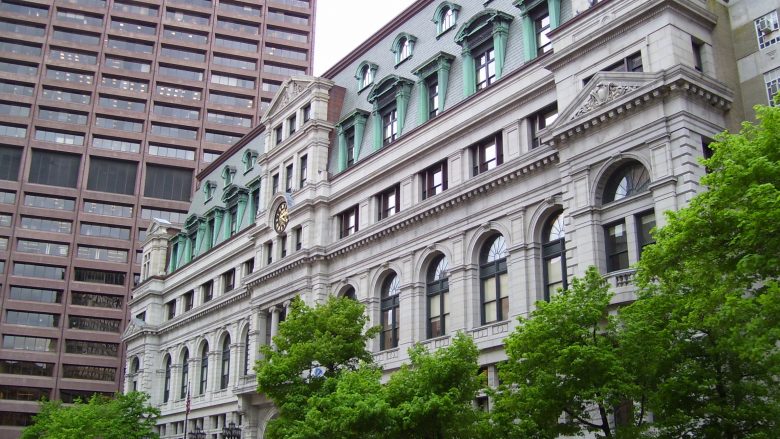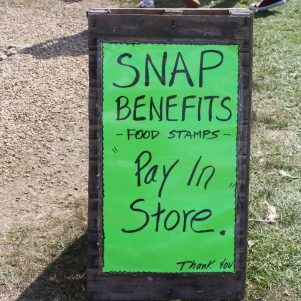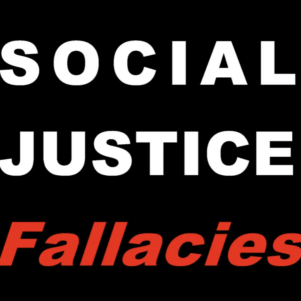‘Millionaires’ Tax’ Referendum Spiked By Massachusetts High Court
By NBP Staff | June 18, 2018, 11:30 EDT
 Massachusetts Supreme Judicial Court (Courtesy — Wikipedia)
Massachusetts Supreme Judicial Court (Courtesy — Wikipedia) A proposed referendum asking voters to approve an income surtax on millionaires won’t go to the ballot this year, because the Massachusetts Supreme Judicial Court has ruled that it violates the state constitution.
The court ruled 5-2 on Monday that the ballot question, which sought a 4-percentage-point surtax on individual incomes of $1,000,000 or higher to benefit public education and transportation, violates the Massachusetts Constitution’s requirement that ballot questions contain items “which are related or which are mutually dependent.”
The decision may strengthen the hand of business advocates who are trying to mitigate the effects of two other proposals that could go to the general election ballot this November: a $15 minimum wage; and paid family and medical leave. Supporters and opponents of those measures are negotiating with state legislators are trying to negotiate a compromise that would prevent those two measures and a proposed decrease in the state sales tax (from 6.25 percent to 5 percent) from going to the voters. (All three measures enjoy solid leads in polls.)
It also overturns Massachusetts Attorney General Maura Healey’s decision to certify the ballot question as allowable under the state constitution.
The court found that transportation and education aren’t closely enough related to be combined in a single ballot question seeking a higher income tax for high earners, despite the arguments of Healey and of advocates for the millionaires’ tax.
“Although she certified the subjects as sufficiently related, the Attorney General has not articulated a common purpose between these spending priorities, beyond the abstract determination that both purposes are ‘broad areas of public concern.’ The interveners, for their part, assert that prioritizing spending for education and transportation will ‘strengthen[] the Massachusetts economy and set[] a foundation for inclusive growth.’Some of the amici characterize the petition as intended ‘for economic advancement and social mobility’ of specific groups within the Commonwealth,” Justice Frank Gaziano wrote for the majority. “The difficulty the proponents have in stating the purported purpose of the initiative petition is itself telling.”
Healey, through a spokesman, released a statement Monday:
“Although I respect the Court’s decision, I’m disappointed that the people of Massachusetts will not have the opportunity to vote on this important question. The initiative petition process was designed to ensure that voters have a chance to be heard. As a policy matter, I believe it is reasonable to ask those at the very top to pay their fair share. I look forward to working toward that goal with the Legislature, advocates, and the many business leaders who supported this proposal.”











